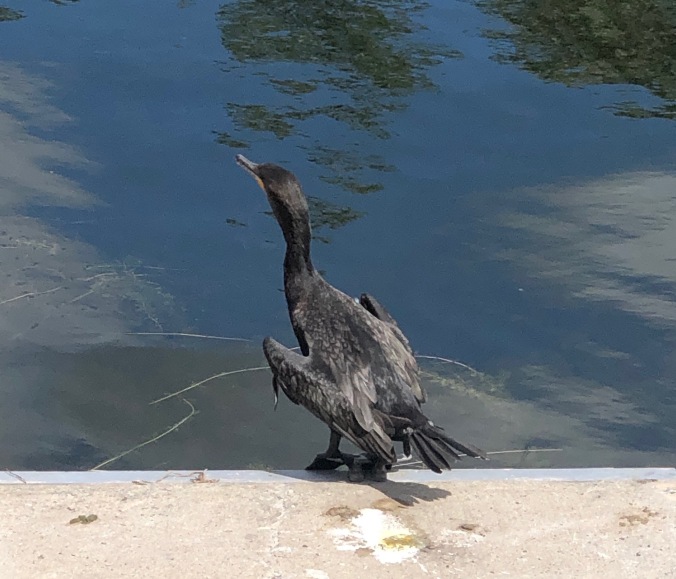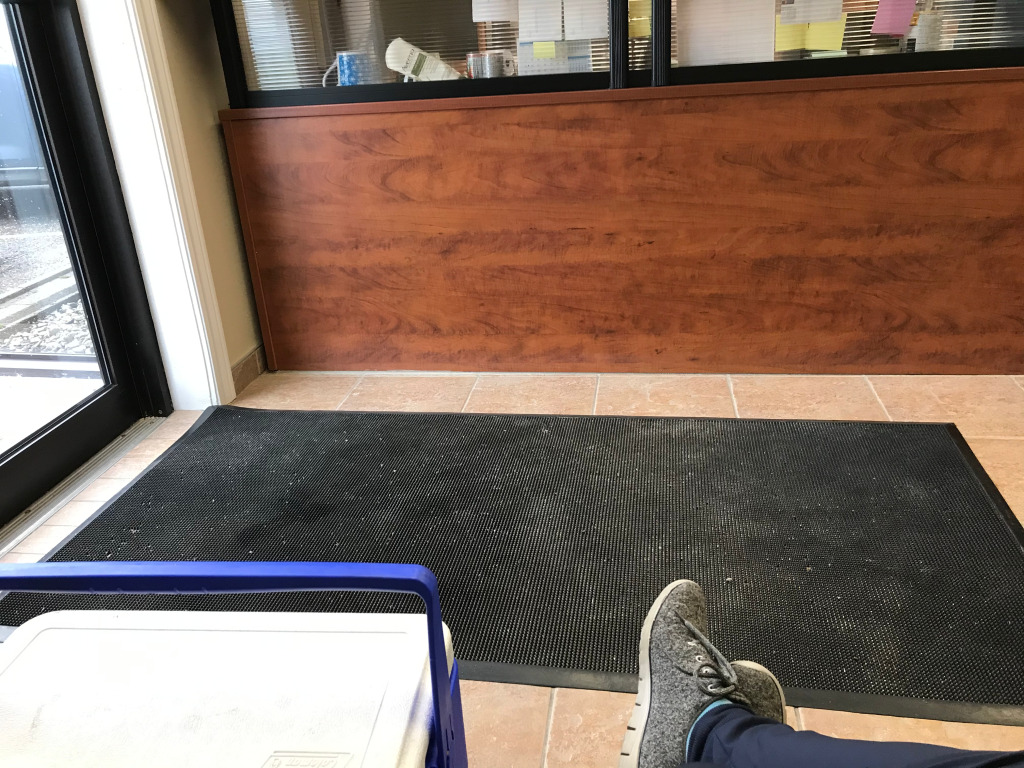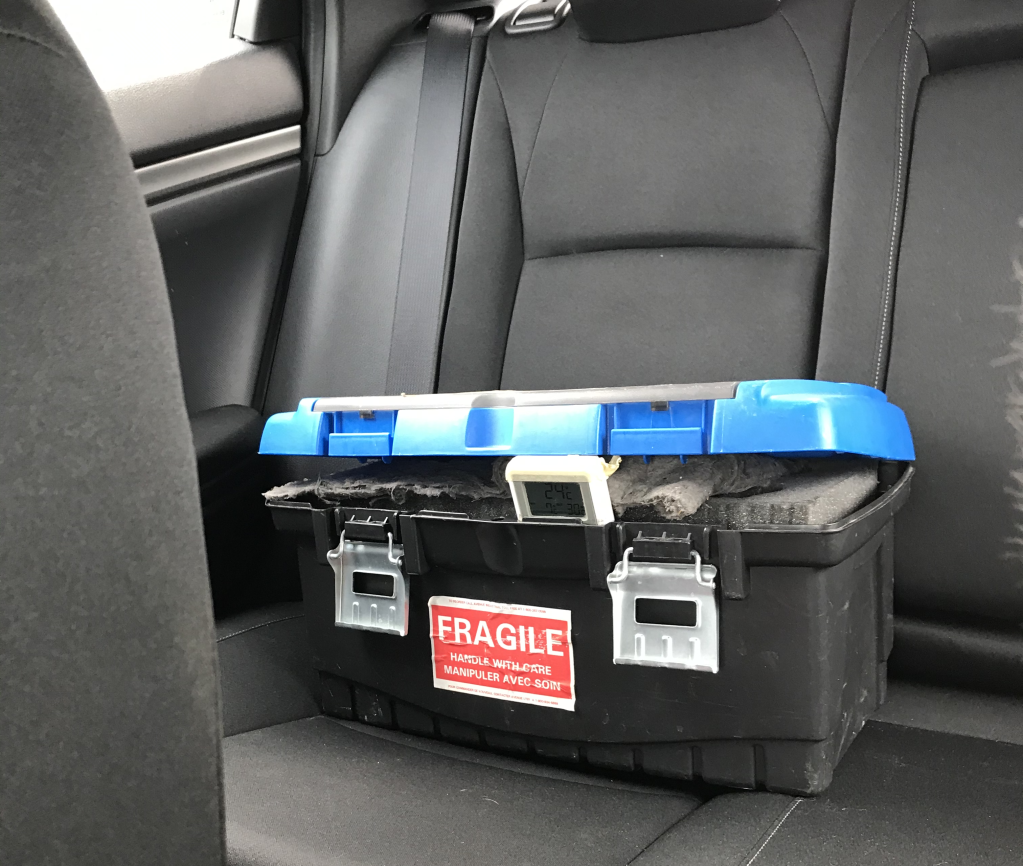With 2020 coming to an end, it’s time to reflect on all of the uncertainty that came with this year. Normally, I use my agenda every day, planning out my daily, weekly, and monthly activities. So the idea of the “unknown” is what has stressed me out the most this year. Not knowing when we will be able to work in the lab, when I can travel to see my family, or when I might be comfortable eating out at a restaurant again makes it difficult to plan ahead.
But this sense of uncertainty is not unknown to field biologists. When working with wild animals, it is often a gamble whether you’ll be able to enough of them catch them at the right time in the right place. Sure, for many species, we have a lot of data about where they can be found, for how long, and at what time of year. But if you’re trying to plan your fieldwork to coincide with a specific period in a species’ annual cycle which may only last a few weeks or even days, it can be stressful to try to guess the right time.
Since I started the third year of my PhD this past spring, I planned to have a big last field season to collect lots of wild bird eggs for many lab experiments. My plan was to collect freshly laid eggs from different seabird colonies throughout the Great Lakes region. The key word in that sentence is freshly laid eggs – in other words, I needed to collect eggs within a day or two of laying so I could artificially incubate them and monitor embryo growth from the beginning.
Normally, we pinpoint egg laying by checking eBird for reports of breeding from birders, or by calling birders in the area for their observations. However, even when we make use of the detailed knowledge of local birders, we still can’t be 100% sure what we’re going to find when we show up at the colony. It’s always a guessing game trying to figure out when the breeding pairs of birds will lay their first egg.
But just like most other field biologists, COVID interrupted my ambitious fieldwork plans for this year. Due to restrictions, I was not able to collect wild cormorant eggs during the birds’ short breeding season at the beginning of May. I was pretty discouraged when I realized I’d be missing out on a whole year of experiments. But after a discussion with my supervisors, I decided to compensate by adding a model lab species into my research and avoid delaying my PhD.
The domestic chicken is a model bird species – in other words, they have been used in many studies and there’s lots of data available on them. Turns out that chickens are actually a great species to study during a pandemic, because they breed throughout the year and hatcheries are considered an essential business (since the chickens are being raised for eggs or meat).
Working with chickens was a big change from previous years of playing the waiting and guessing game with wild bird fieldwork. My “fieldwork” this year consisted of calling a local hatchery a week before I planned to run an experiment and driving an hour to pick up as many fertilized eggs as I needed. While I still treated the eggs with care, putting them in a cushioned egg box and monitoring the ambient temperature, the challenges were very different this time around. Normally I collect wild eggs in the spring, when it’s warm outside, and I have to blast the air conditioning during transport to keep them cool. This time, I collected domestic eggs in the winter, so it was more of a challenge to keep the ambient temperature warm enough!
While studying chickens wasn’t my first choice – and the ‘fieldwork’ wasn’t as much fun – my chicken experiments will help me to compare my results with those of previous studies and integrate my wild bird results into a broader context. So while 2020 was full of uncertainty and frustration, the resilience and persistence we all needed to make it through the year can sometimes produce unexpected benefits. I am learning quickly that these two traits are useful for succeeding in grad school – particularly during a pandemic!



